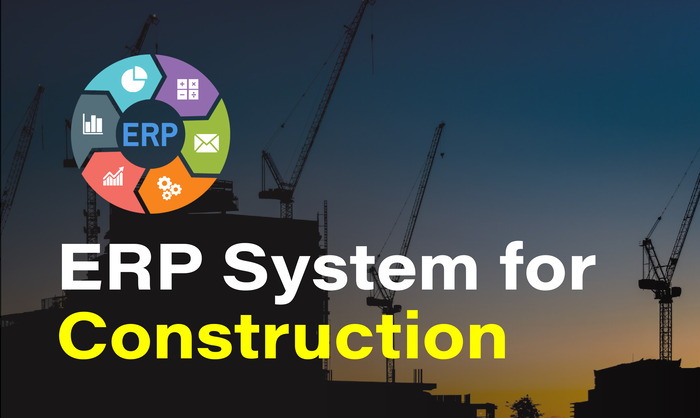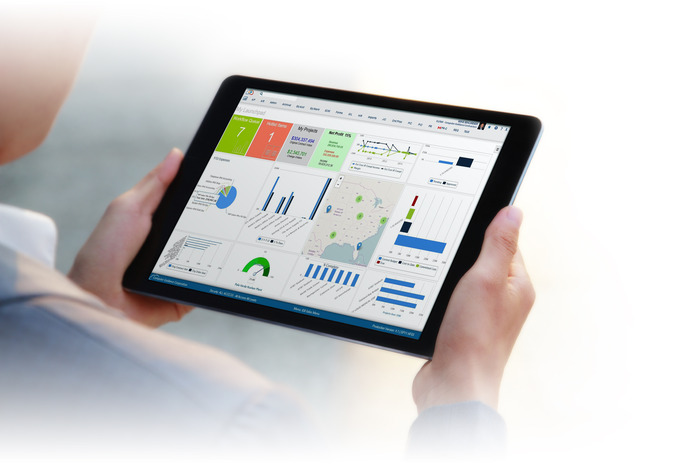In an era where industries are rapidly evolving, the construction sector stands out as one of the fastest-growing and largest worldwide. The complexity and scale of this industry necessitate a high level of coordination, planning, and control. This is where Enterprise Resource Planning (ERP) software comes into play, serving as a comprehensive tool for automating and managing resources and all aspects of construction activities. This article explores the transformative role of ERP software in the construction industry, as originally discussed in a blog post about construction erp software by Wezom.
The construction industry faces numerous challenges, particularly for companies that have yet to adopt ERP software. These challenges include the lack of a unified information system for timely and accurate data exchange, low transparency and visibility of work processes, difficulties in integrating third-party applications, and inaccurate analytics and reporting. ERP software for the construction industry not only addresses these issues but also prevents them from arising in the first place.

The benefits of implementing ERP software in the construction industry are manifold. Here are seven key advantages:
- Operations Automation: ERP software automates routine operations such as material accounting, inventory control, supply chain management, scheduling, and project planning, thereby reducing errors and streamlining processes.
- Effective Internal Communication: By providing a single information platform for all project participants, ERP software enhances coordination, collaboration, and real-time data sharing.
- Mobile Friendliness: Cloud-based ERP systems allow for convenient access from any device with internet access, facilitating remote work and real-time updates on project progress.
- Ease of Data Transfer: ERP systems can integrate with other applications used in the construction industry, facilitating data transfer and improving information accuracy and reliability.
- Efficiency in Decision-Making: With robust analytics and reporting tools, ERP systems provide timely and reliable data for informed decision-making.
- Estimating the Cost and Income of Construction Tenders: Modern ERP systems can accurately estimate the cost and profitability of construction projects, reducing the role of human error.
- Digital Documentation: ERP software allows for the digitization and standardization of all documents, making storage, search, and sharing of documents easier and more efficient.
An effective ERP system for the construction industry should include accurate performance estimates, advanced accounting, payroll functions, production, equipment, and materials management, and comprehensive financial reporting.

Wezom, a provider of ERP solutions, emphasizes the importance of customizing ERP software to meet the specific needs of each client. This approach offers several advantages over ready-made solutions, including customizability, better integration with other systems, improved support, enhanced security, and flexibility. However, it’s important to note that such a solution may require more time and resources for development.
In conclusion, the adoption of ERP software in the construction industry is a game-changer, offering numerous benefits that can significantly enhance efficiency and productivity. For more insights into this topic, check out the original article on Wezom’s blog.
